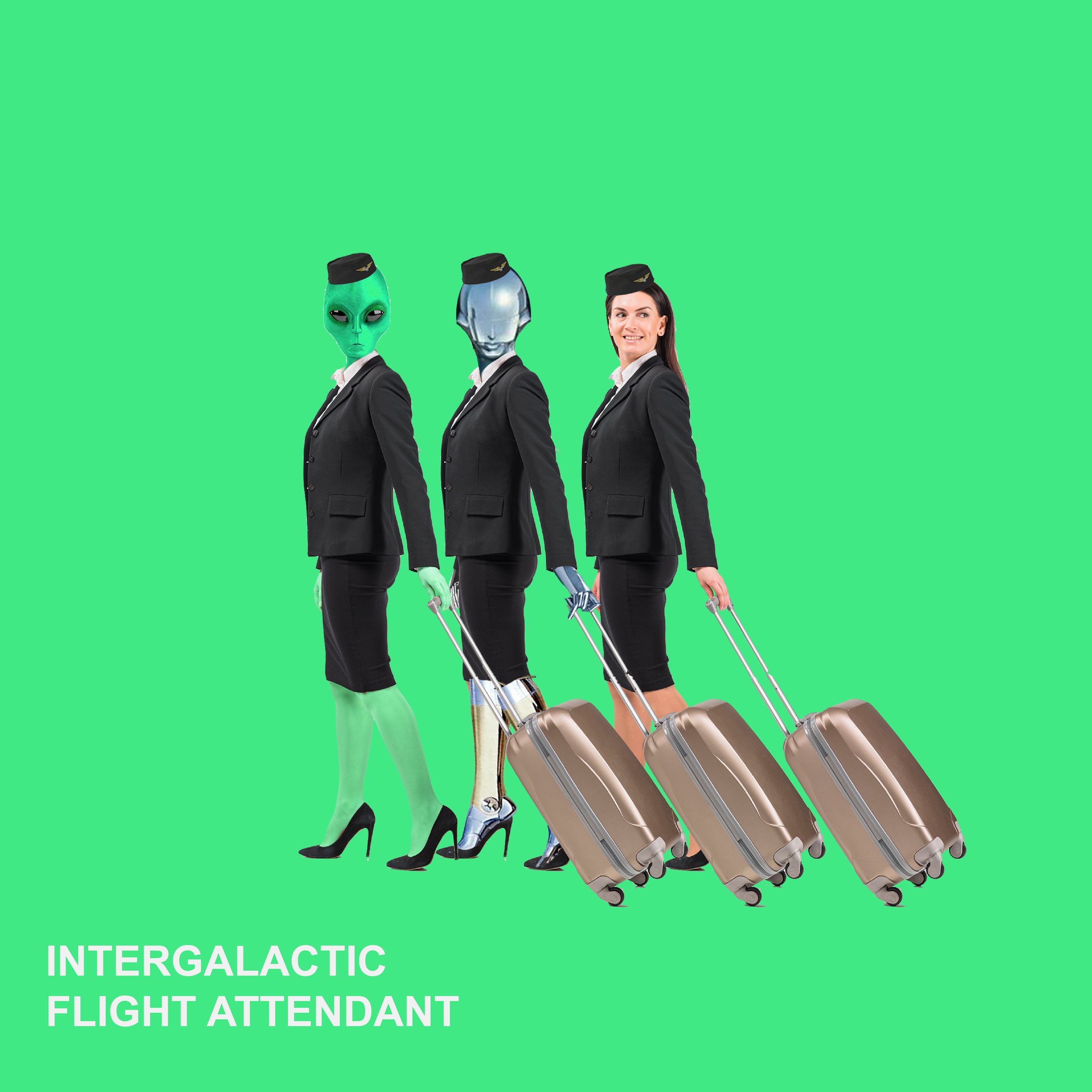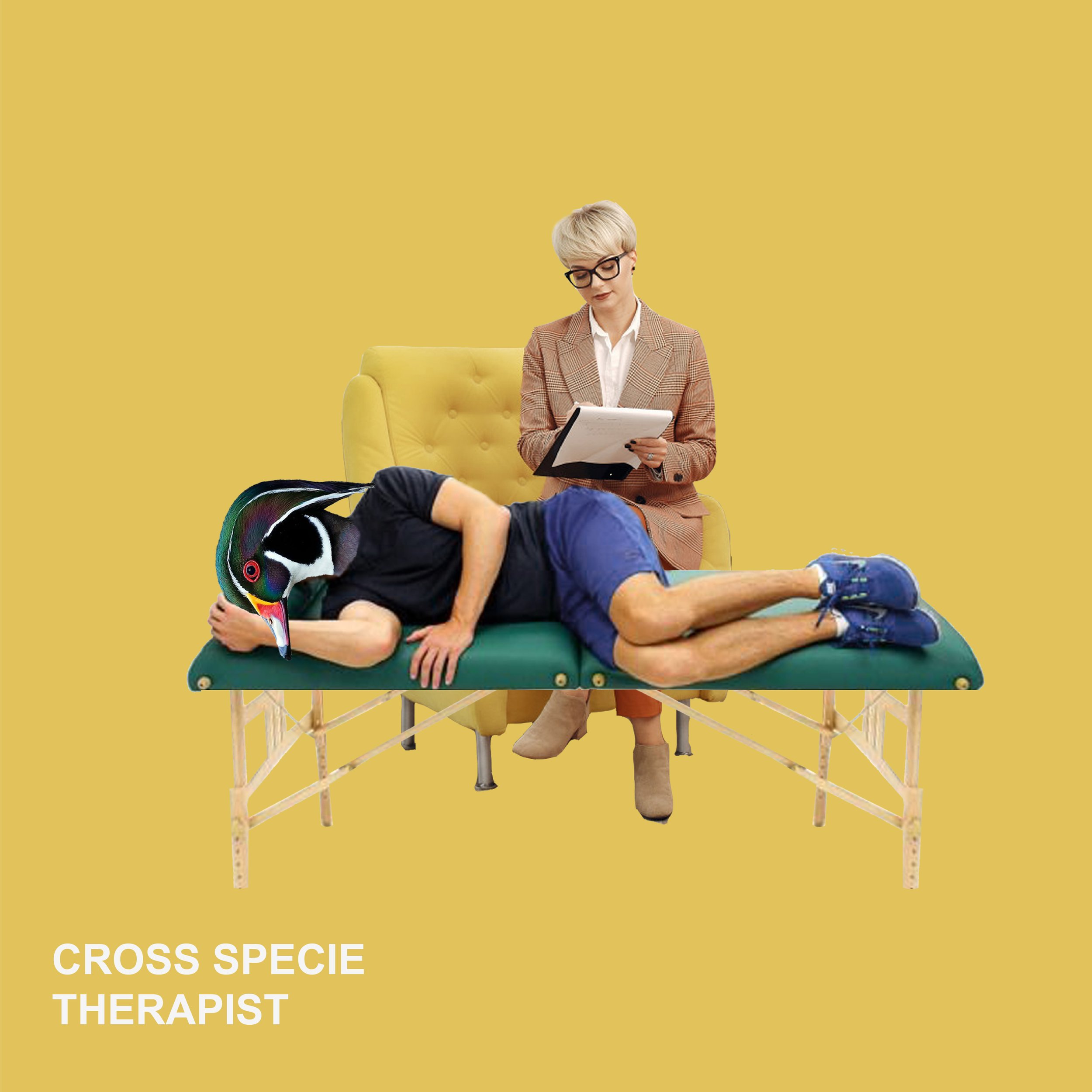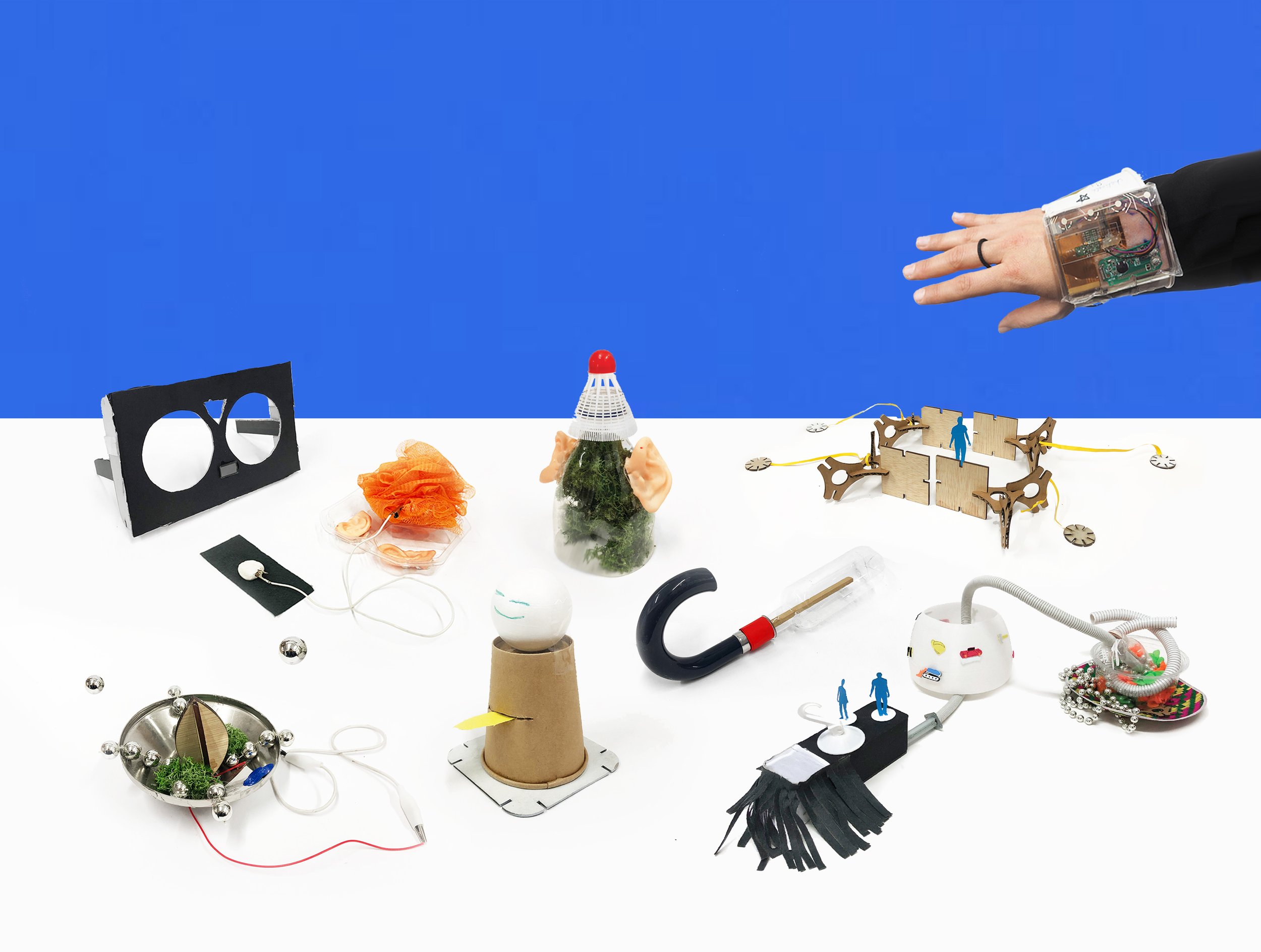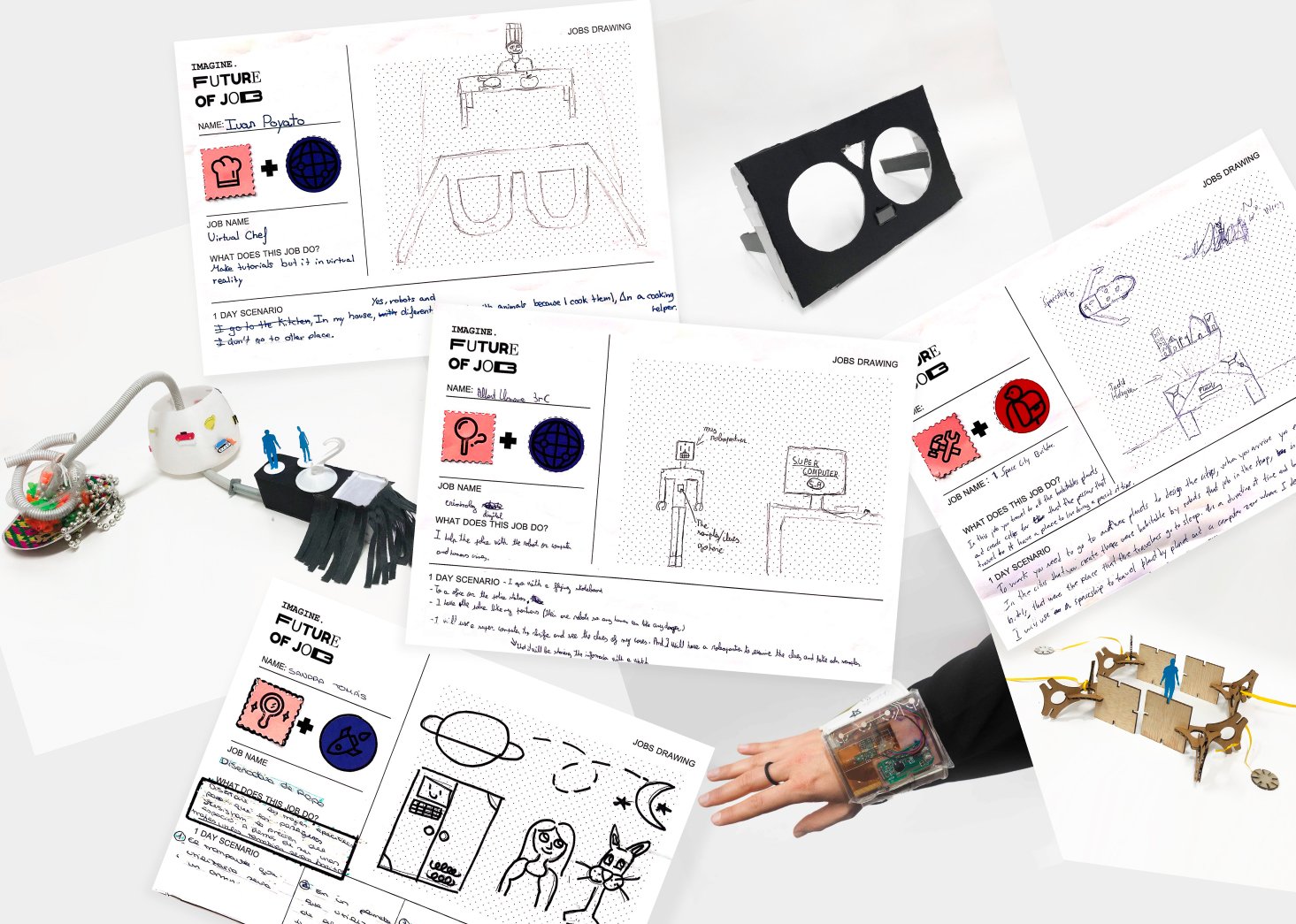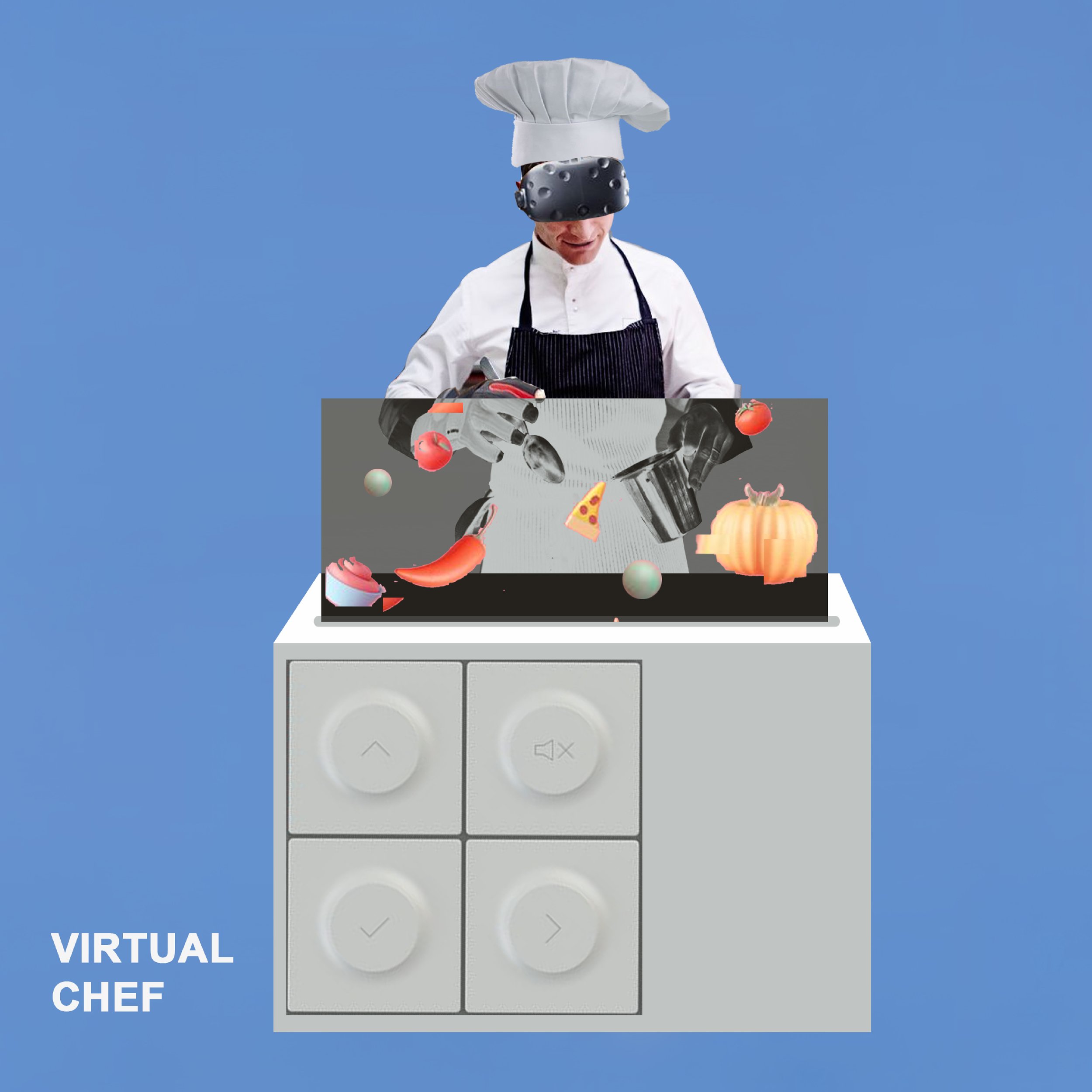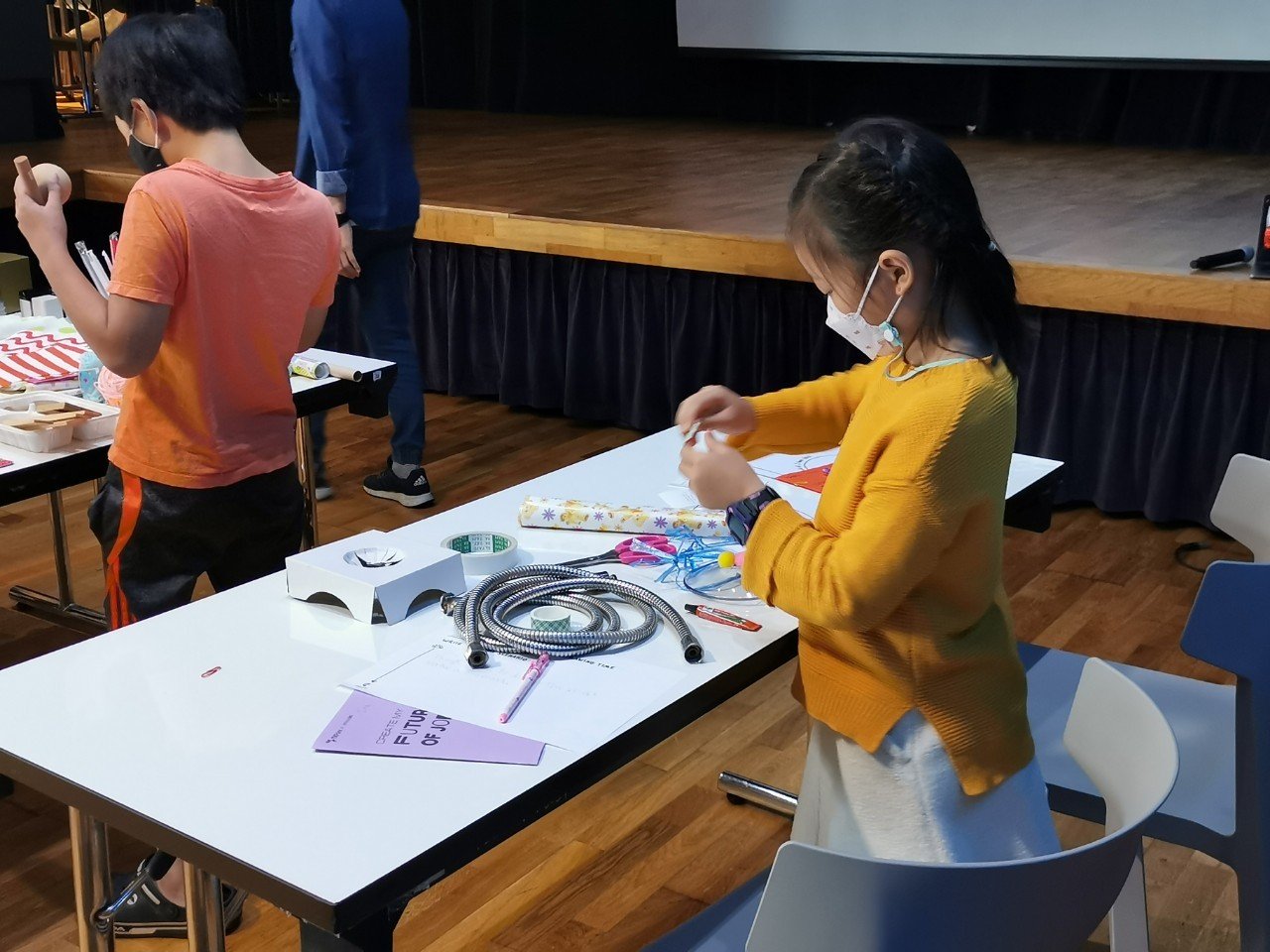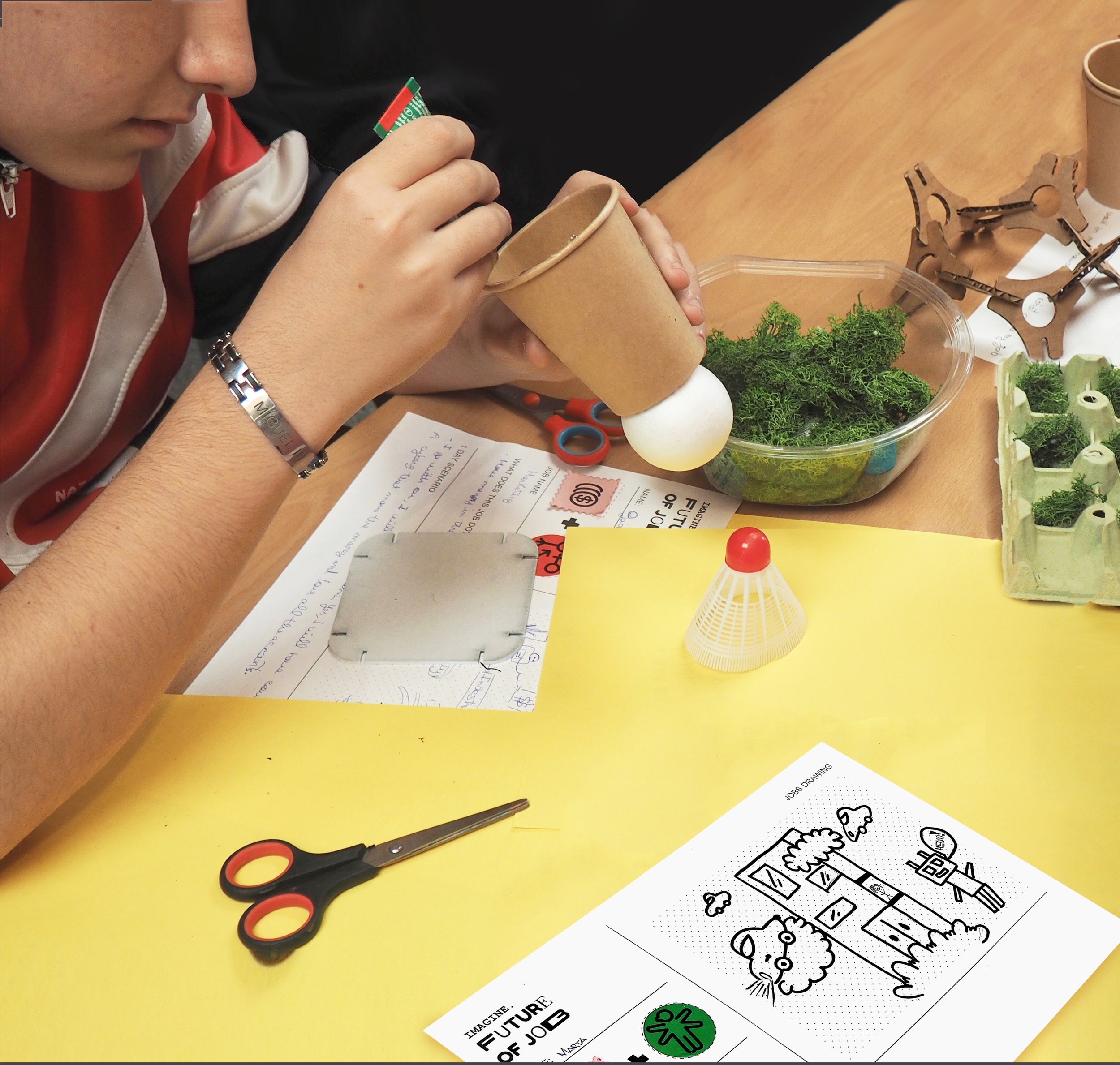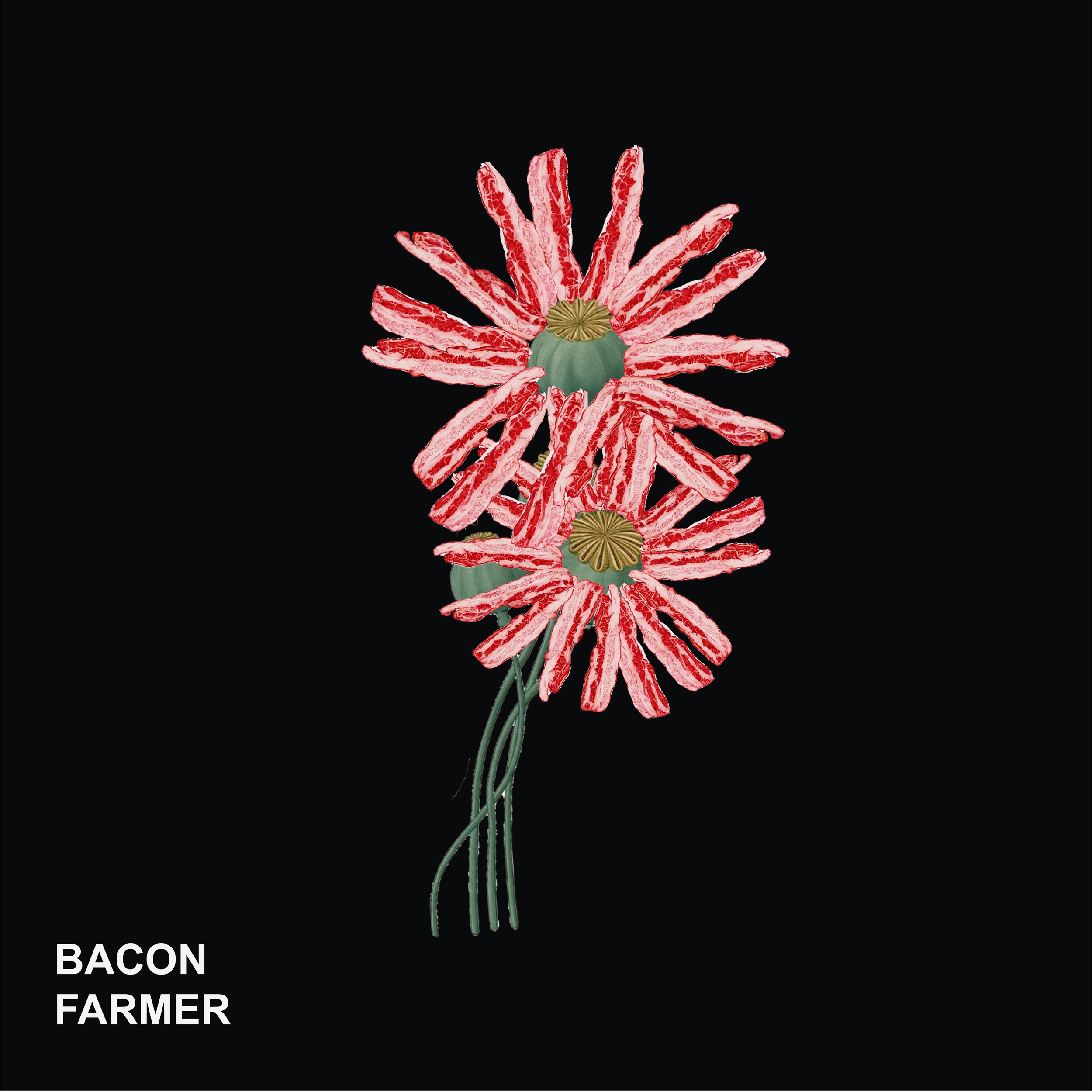Future of jobs: Imagination is a mixture of human experience, emotions and creativity
Wongsathon Choonhavan lives in Bangkok, Thailand — product and graphic designer — his goal is to create innovative solutions to educational issues in Thailand and encourages you to challenge our thinking around the future of our jobs.
You created and designed a learning experience about the future of jobs and collect the results on your Instagram @jobfromfuture. Why do we need these futuristic job ideas?
We give them the opportunity to be anything in this space. These futuristic job ideas come directly from the kid’s imaginations during our workshops and they will inspire and motivate other kids to create future jobs that they truly like.
I post the results from working with kids on my Instagram account and then I tag those who came up with the idea. I want them to feel good about their ideas and see it in a very tangible way. And, of course, hope they then can enjoy sharing and inspiring friends and their community with their ideas.
“We give kids the opportunity to be anything in this space.”
How do you suggest we educate the future generation about the future of jobs? How do your workshops work?
I believe that the future generation should have skills and a mindset that will allow them to adapt with creativity. It will be essential growing up in an unpredictable future. Therefore, we designed a special learning process using this essential idea. It includes four steps: change perception, imagine a future job, role play and future skills. Then we transform the learning process into a workshop, but having fun comes first!
What is a “magic machine” and how does it relate to the future of jobs?
Making a “magic machine” for your future job is part of the learning process. Creating tools that kids will in their future job helps them to imagine it and to role play. “Magic machine” makes their future job idea more tangible. It’s the same as when we were young and pretending to be a police man with your police cars. We let them role play their future job by using their “magic machine.”
This activity allows experimentation and unfiltered creativity, which makes it easier for kids to unlock their imaginative barriers and think outside of current professional paradigms.
“I believe that the future generation should have skills and a mindset that will allow them to adapt with creativity. “
You encourage kids to be imaginative and make them think outside of the box. What can our imaginations teach us that the intuitive technologies that surround us can’t?
Imagination is a mixture of human experience, emotions and creativity. So, if imagination comes from different humans who have different experiences, its outcome will be different too. It makes the human imagination diverse and unique. Something that technology can’t do.
According to the World Economic Forum (WEF), 65% of children that are entering primary school today will ultimately end up working in a completely new job type that doesn’t currently exist. How can we prepare our kids?
It’s still possible for parents to prepare their kids for the future by giving them the opportunity to experiment with their lives by making them try new things because in the future, there will be new things all around them. This way kids will have a better understanding of who they are.
Also, making them adaptive with creativity will help them process that their careers are changing so fast. If they will have this skill, they will always be able to see new possibilities and turn them into opportunities in unpredictable times.
Why is it so important to support our kids in their journeys to discover their talent and passion? What more can we do to help them?
If you want to create and be able to imagine a future job, you need material to start with, and in this case, your material is passion and talent. I think that kids need to be free. In a sense, to have a playground to experiment with their lives. A place where they can discover their talents and passions.
What do you think are the current professional paradigms that need to be broken or overcome? As adults, we tend to only see jobs in terms of social status, money, power and acknowledgment.
I don’t think that the current professional paradigms are wrong, but we must see them from a different point of view. We need to look from within as well as the outside – our surroundings. On the inside, we have to think about the skills and passions we already possess, and concerning the outside, we have to see a need and predict this possible future need happening – we need to be aware of what is possible.
The rest is about matching the inside with the outside. Then, we will see a new form of social status, money, power and acknowledgment.
What would you advice to someone like me - I know my skills and passion, but I am not 100% sure to which job it exactly translates to?
In my experience, I face problems likes these too. At first, it seemed to be this giant obstacle to find the right job in the career landscape, but on the other side, it can be a great opportunity to customize our jobs and make them unique to us. If possible, of course. This way we can shine in the world as a modern-day polymath.
“This way we can shine in the world as a modern-day polymath. “
You say that humans need to adapt and change their mindset to live happily in the future world. But isn’t it sometimes so difficult for us to think outside of our current reality? What might help kick us in the right direction?
I think that sometimes it’s difficult to think outside of our current reality because we don't have enough materials to consider and sometimes we are just scared. I suggest, you fill your life with more experience and think positively.
I took and combine everything that I have learned in my life to make a design project that uses design skill and speculative skill to solve educational issues that are going to be present in the future. Just unlock it and see what’s possible.
“I suggest, you fill your life with more experience and think positively. Just unlock it and see what’s possible. “
How do you see the future of your project?
First of all, I would like to make this project more sustainable. That means it can make an impact along with finding money to run it. Next, I would really love to see my project scale up in the education industry. Having lots of schools using my project as part of their pedagogy and becoming this established alternative education tool for kids in the future.
All photos © Wongsathon Choonhavan


